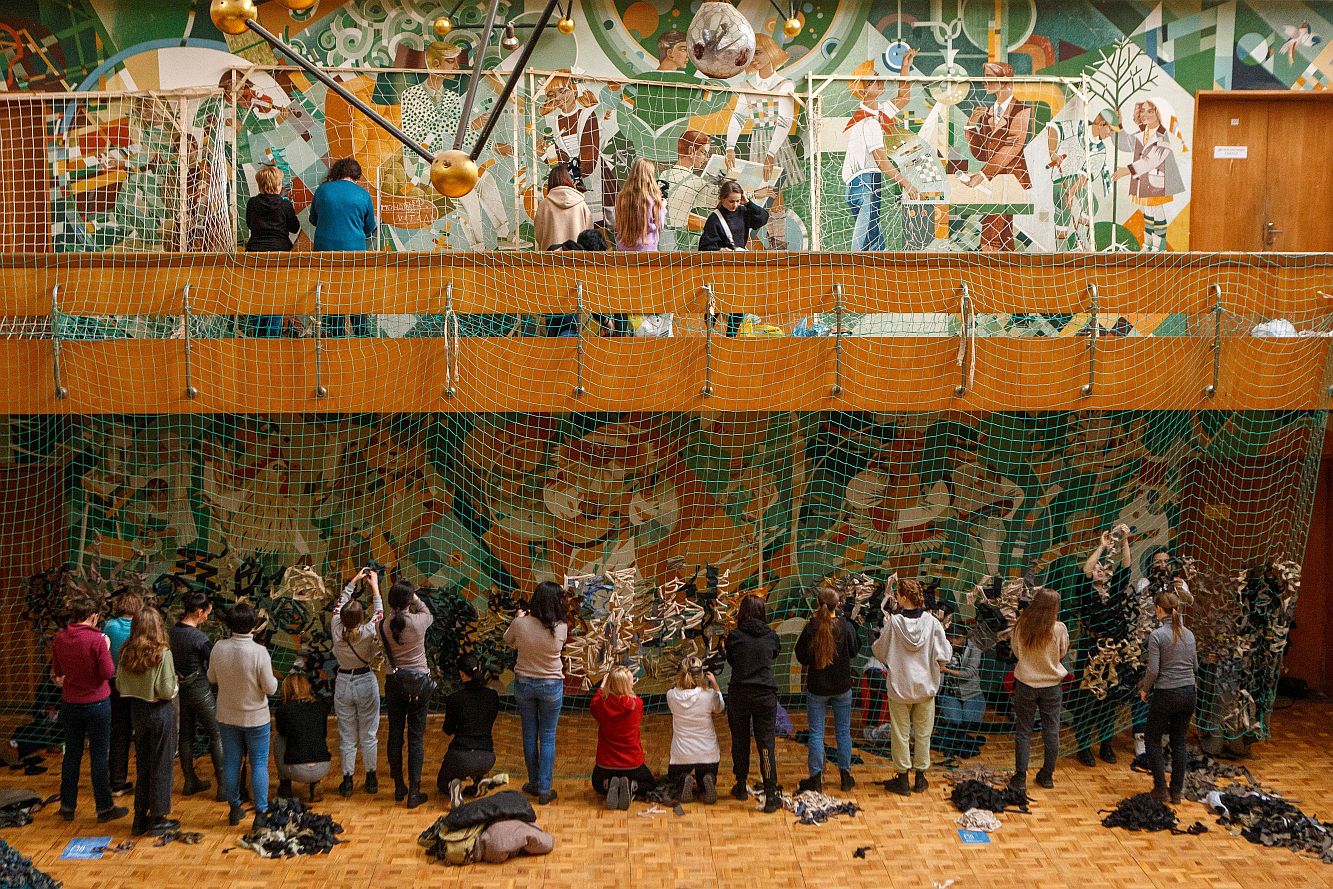To highlight the role of women and their needs in Ukraine’s recovery process, Cities Alliance, Streetnet International, and WIEGO hosted a workshop in Brussels. The event served as a platform to discuss their recent publication Rebuilding with Women: Amplifying Their Voices in Ukraine’s Recovery, with representatives of the European Commission, the European Investment Bank, UNOPS, NGOs, and other actors involved in the response and recovery of the country, and identify ways of collaboration and next steps.
Gender Matters: Including women in reconstruction plans in Ukraine from the start
After one year of the war, 5.5 million people in Ukraine remain internally displaced. The war has caused the destruction of cities, decimated basic infrastructure, and increased levels of informality. According to the ILO, 5 million formal jobs have been lost since the beginning of the war.
This situation has exacerbated existing inequalities, especially in terms of gender. Ukrainian women and girls are increasingly vulnerable to displacement, loss of livelihood, poverty, violence, and trauma while facing even greater pressure to meet their needs and those of their families. Yet, women have mobilised across the country – serving in the army on the front lines, providing humanitarian aid, and protecting the injured and infirm. And there is no question that women must play a crucial role as Ukraine rebuilds.
Cities have been the worst hit areas in Ukraine, with large parts of their buildings and other infrastructure partially or completely destroyed.
The discussion highlighted the role of women and their needs in Ukraine’s recovery process, by exploring three key areas:
- Current initiatives European institutions are carrying out in support of Ukraine and its people, and how they are incorporating gender equality;
- The results of 'Rebuilding with Women', how women are impacted by the war; and
- How to ensure that the medium and long-term recovery process in Ukraine incorporates the needs of women and girls.
While the event participants agreed on the fact that women must play a central role in the reconstruction and recovery of Ukraine, it remains unclear, how this recognition will translate into effective urban plans and strategies, and how they will be implemented.
So far, the issue of gender inequality is mostly addressed in relation to gender-based violence but it is not associated with the planning and reconstruction of urban services. The risk is to rebuild infrastructure and public spaces that will reinforce existing inequalities.
Some of the key messages that emerged from the discussion include:
Read the full report of the workshop here.

